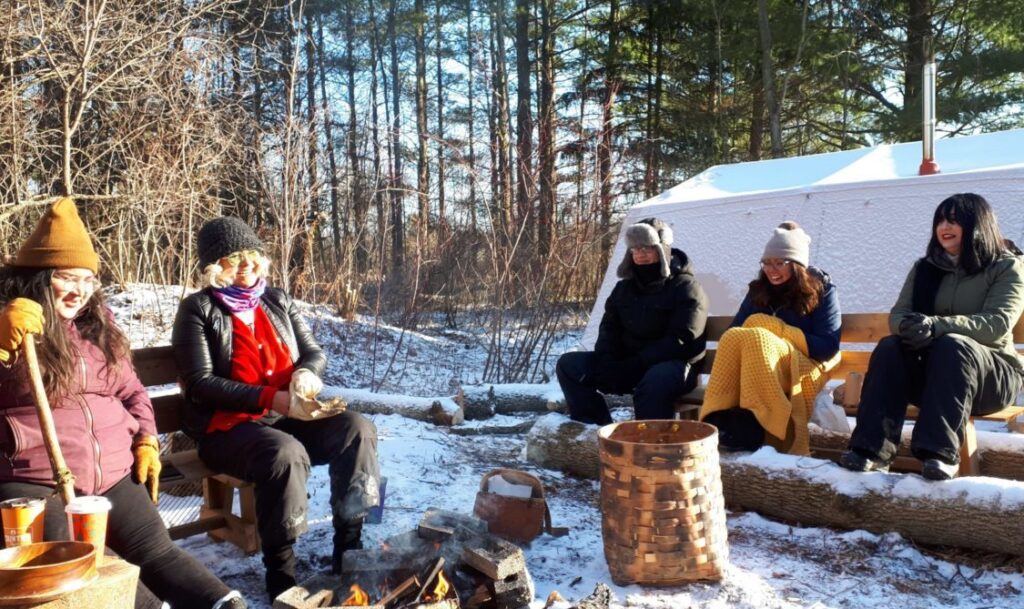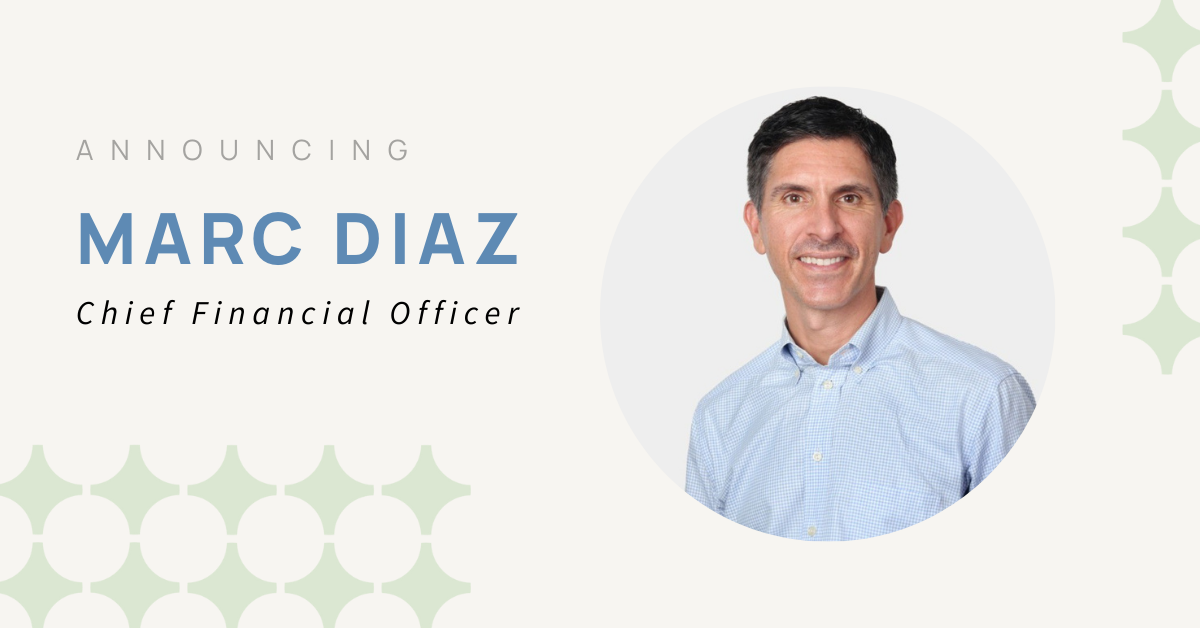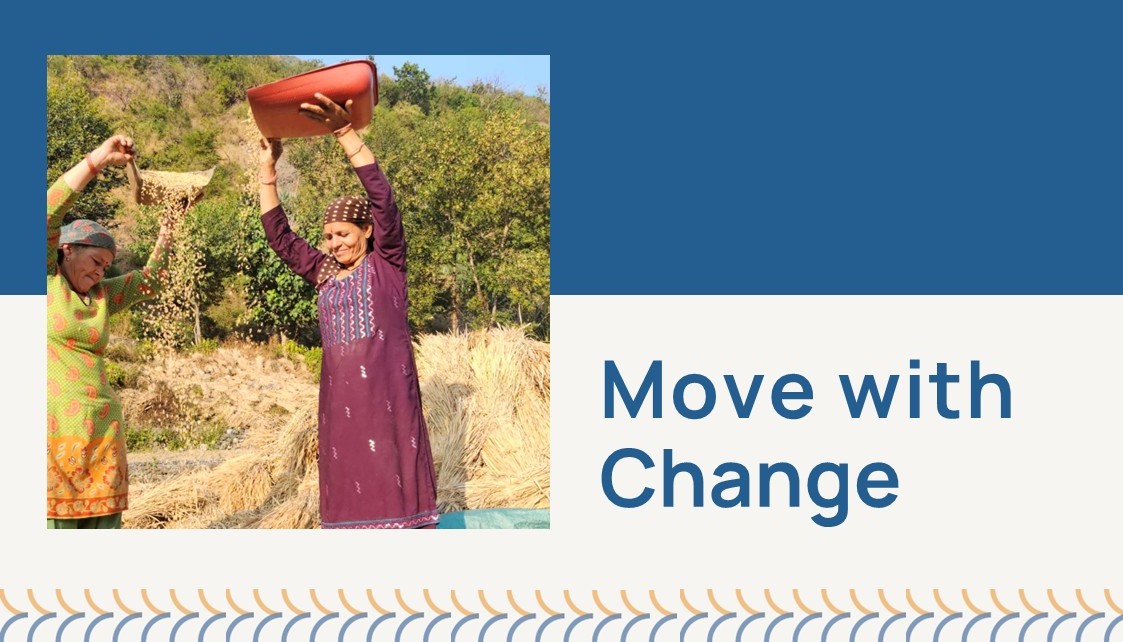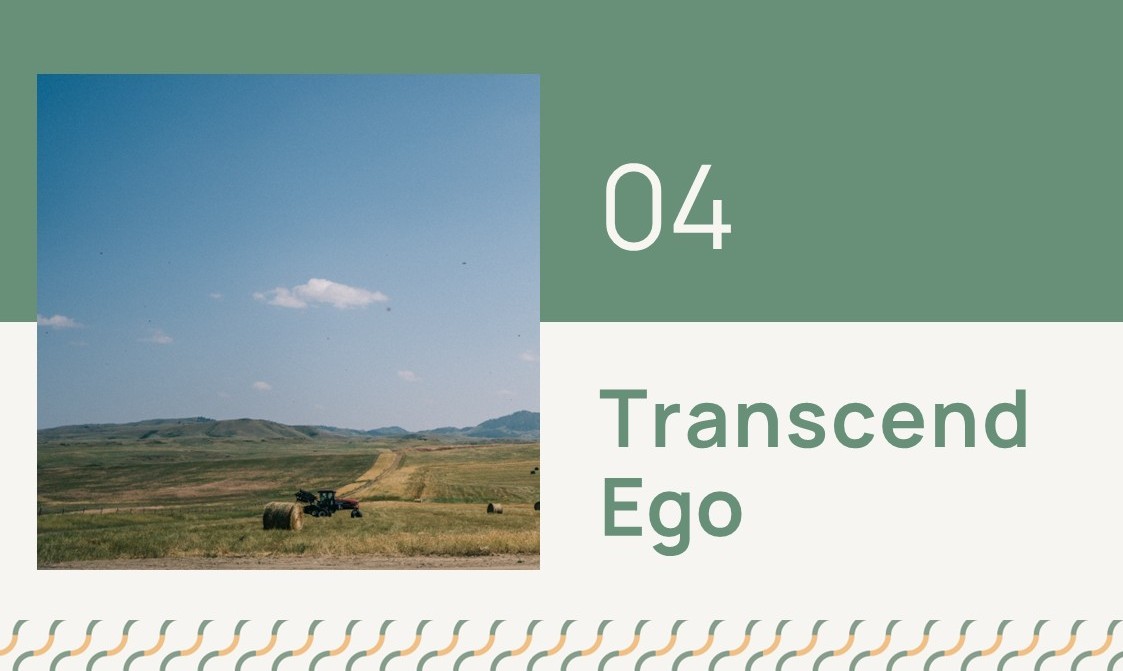By Kelley Buhles
“Today we have gathered and we see that the cycles of life continue. We have been given the duty to live in balance and harmony with each other and all living things. So now, we bring our minds together as one as we give greetings and thanks to each other as people.”
–from the Haudenosaunee Thanksgiving Address
It was with these words that we opened our November 2020 Shared Gifting circle with three Kanyen’kehà:ka (Mohawk) culture and language immersion schools inspired by Waldorf approaches to education: Skaronhyase’kó:wa Everlasting Tree School, Tsi Tyonnhéht Onkwawen:na Language and Cultural Center, and the Akwesasne Freedom School. The purpose of the meeting was for these schools to collaboratively distribute a $100,000 pool of grant funding to support their shared efforts.
All three schools are focused on revitalizing Haudenosaunee or Rotinonhsón:ni (Iroquois), and specifically Kanyen’kehà:ka language and culture, believing the world is made better by Kanyen’kehà:ka culture, knowledge, and ways of knowing. They know language and culture are at the center of how their communities thrive, spiritually, mentally, physically, and emotionally. Their visions are to help our children become secure in their identity and skills, and to guide children to the sources of knowledge that their ancestors learned from to ensure it will live through their children for seven generations.

These three schools are also uniquely connected due to their shared interest and engagement in using Waldorf-inspired methodology to teach language and culture. Waldorf education aims to develop students intellectual, artistic, and practical skills in a holistic manner. Skaronhyase’ko:wa has been taking a lead role in forming a collective of Haudenosaunee schools that are interested in using Waldorf pedagogy to further the revitalization of Kanyen’kehà:ka language and culture.
In the interest of supporting this amazing and critical work, the Douglas Cardinal Foundation for Indigenous Waldorf Education and RSF Social Finance jointly raised $100,000 for these schools to come together for this Shared Gifting circle, a participatory grantmaking method that RSF has been working with for over 10 years. RSF has found that using this participatory grantmaking approach creates relationships and collaboration that wouldn’t otherwise happen in a traditional grantmaking process, and this circle was no exception.
There were many similarities, shared learnings and opportunities for collaboration among the participating groups. All three schools were experiencing the need to rapidly adapt their educational program and resources for COVID-19 safety, so there were shared requests for outdoor educational curriculum and equipment. There was also a strong desire to find more opportunities for their teachers to learn from each other through teacher exchanges and sharing best practices in language revitalization.
Ultimately, the group decided to divide up the funding so that some went towards the urgent needs of their schools ($70k) and some was put towards funding their ongoing collaboration ($30k). The group plans to continue to meet regularly to provide learning and sharing opportunities and they hope to be able to offer pedagogical and curriculum courses to other schools doing this work.
In the end the group’s decision making was quick and consensus based, and one could truly feel that they were of one mind when making their decisions. It was apparent that consensus decision making and resource sharing are embedded in their culture. It is important to recognize that while bringing the quality of gift back into philanthropy is still a radical concept in the field, Indigenous wisdom has long understood the true nature of gift money and its role in building community and relationships, as evidenced by this circle. Philanthropy has a lot that it can learn from Indigenous ways of knowing.
The participants of this circle and RSF are incredibly grateful to the funders for making this collaborative and generative process possible. Our hope is that participatory grantmaking methods such as this honor Indigenous wisdom and create resources that go beyond financial.
Kelley Buhles of Buhles Consulting is an independent contractor supporting RSF clients interested in participatory grantmaking.


